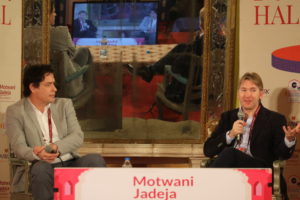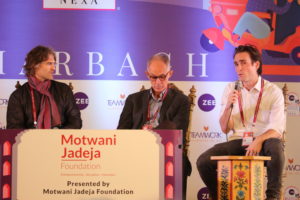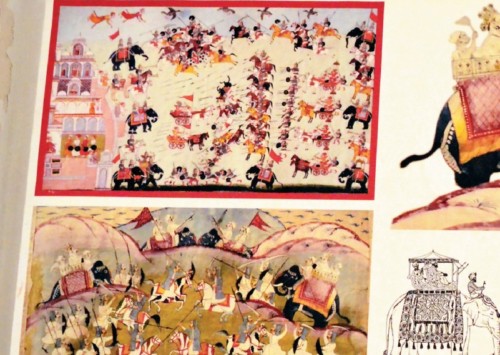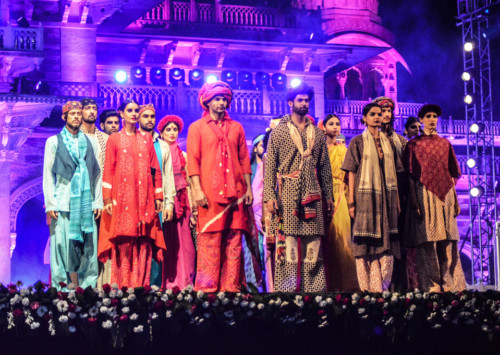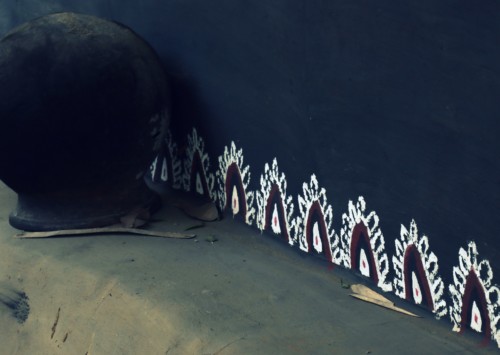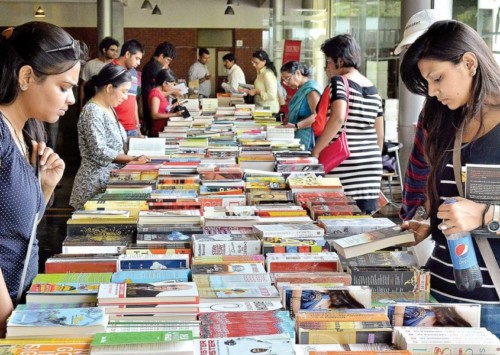A wrap up of the 13th edition of Jaipur Literature Festival
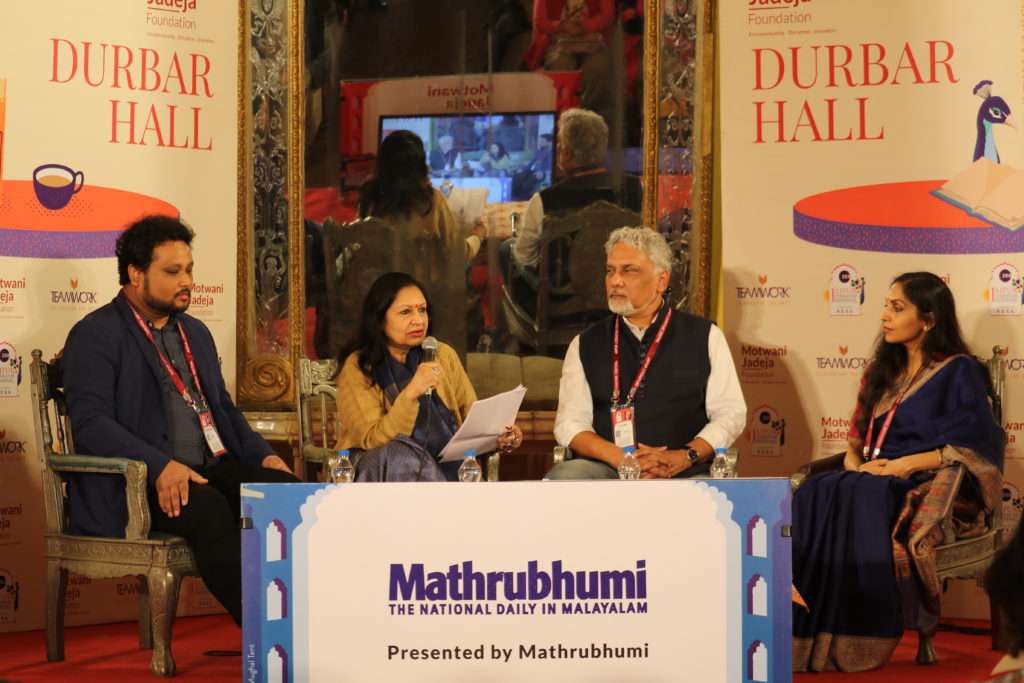
13th edition of Jaipur Literature Festival was a melting pot of constitutional values, literature and inquisitiveness
Already a benchmark for literary festivals in Asia, the 13th edition of Jaipur Literature Festival that concluded on Monday in the pink city had a lot on its plate. From climate change and socio-economic challenges to regional literature, the festival also addressed the ongoing anti-government protests across India.
With 226 sessions in 15 Indian and 12 international languages, the 17th edition of the Jaipur Literature Festival was attended by more than 40,000 people from across the world. Amongst the 500-odd speakers at the JLF 2020 was the 2019 Nobel laureate for Economics Abhijit V. Banerjee, the 2019 Magsaysay award recipient and noted journalist Ravish Kumar and Omani author and 2019 International Booker winner Jokha Alharthi.
On a typical day at this five-day festival, one can witness heated and animated debates taking place simultaneously on issues as diverse as the fate of the Indian Constitution, the dynamics of science fiction and the meaningfulness of poetry alongside many other ideas that emerge on six stages fully equipped with high definition big screens and other state of the art technical equipment to make the debates accessible to a large gathering in a rather noisy atmosphere.
A one of its kind, the free-spirited literary festival brings authors, humanitarians, politicians, business leaders, sports people and entertainers under one roof. Heavy crowds flocked the sessions pertaining not only to climate change, economic policies, war reporting but also to cinema and poetry. In the age of digitalisation and smart devices, the old school fragrance of books could be felt fresh.
Literature enthusiasts and inquisitive minds thronged the compounds of Diggi Palace, a 19th century palace in the Rajasthani capital, which added to the rich intellectual royalty that literature has forever portrayed. “When I first came to the Jaipur Literature Festival, it was much smaller than it is now. I would say it has grown to be perhaps, third or fourth most important literature festival in the world. I judge this by the sheer number of important writers who come here. People who come here to speak always go home in a good mood,” Nicholas Coleridge, former president, Condé Nast International and one of the key speakers at JLF, told Media India Group. The cherry on the cake is that numerous books get launched at the festival and which fuel the excitement of bibliophiles, with people rushing to and from the book shops to get their books signed by their favorite authors.
One of the authors that caught everyone’s attention in the latest edition was nine-year-old Anay Saxena, who left the jaws dropping with two of his books already capturing the attention of Indian readers. Based in Jaipur, Saxena wrote his first science fiction at the age of seven.
“My next will be a war fiction. I have already started working on the same,” revealed Saxena during his interview with Media India Group.
Dance of democracy
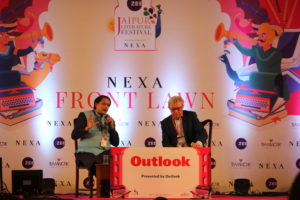
“While Hinduism is a religion, Hindutva is a political ideology. These are two separate things.” – Shashi Tharoor
In the wake of ongoing political protests across India, several sessions allowed speakers to share with the audience some facts and their analysis of the situation. Speaking about Hindutva ideology, noted author and parliamentarian Shashi Tharoor exclaimed, “While Hinduism is a religion, Hindutva is a political ideology. These are two separate things.” Taking a dig at the government for the controversial Citizenship Amendment Act (CAA), he exclaimed “A choice between Jinnah’s idea of the nation and Mahatma Gandhi’s idea is still available to us. The BJP is justifying Jinnah’s logic through the CAA.”
Adding to the political brainstorming, Margaret Alva, former governor of Rajasthan and Uttarakhand stressed upon the need of the governors to be impartial instead of being agents of political parties. She further expressed her concern for proper steps to be taken to restore the public’s faith.
Silences of climate change
With several reports on climate change keep popping up and unwrapping the horrendous realties of climate change, the alarming situation earned a special attention at the festival. Renowned climate workers invoked the sense of urgency amongst the attendees.
David Wallace-Wells, a renowned journalist based in America, read out a clear warning during a session, “The planet has never been as warm as it is today – which means that everything we’ve known as a species is a result of climate conditions that we’ve entirely left behind…It’s almost like we’ve arrived on a new planet!”
Wells has published his work titled The Uninhabitable Earth on the subject and has been reporting actively on the subject for many years now. “While writing my book, I was horrified and shocked on finding the gravity of the situation. It’s much worse than anticipated,” Martin Goodman, the publisher of Client Earth, a research driven book on climate change shared with Media India Group at JLF. “It’s not too late but there is no time to postpone. We have got to act now, it’s important. We have to respect the timeline we have got till, say, 2030 and act urgently,” he added.
A slow death of regional literature?
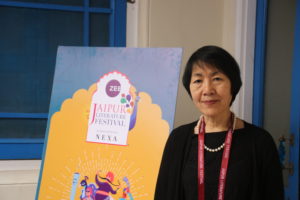
There is very little government support. It’ only the minority that acknowledges that we need to preserve our regional literature & support our writers. We are still waiting for government to step in,” Easterine Kire
Home to a plethora of languages and dialects, India has a vast storage of regional literature. However, with the rising fascination for English, the threat to regional languages has lingered on. Many sessions at JLF staged performances of regional authors and poets. The sessions not only threw light on the richness, but also on the fading realities.
Speaking to Media India Group Raju Ram Bijarniya, an award winning Rajasthani author shared, “Each drop counts in the ocean. Everyone is contributing for the preservation and promotion of the language. However, if a little more support from the government is achieved, no one can stop the language from prospering.”
“There is very little government support. It’s only the minority that acknowledges that we need to preserve our regional literature & support our writers. We are still waiting for government to step in,” added Easterine Kire, a renowned name in the field of Naga Literature.
Bringing together such multiple perspectives and tales and providing a space for thoughtful discussion and debate to serve as a non-aligned platform offering free and fair access to all, JLF once again, indisputably stood on its merit.

